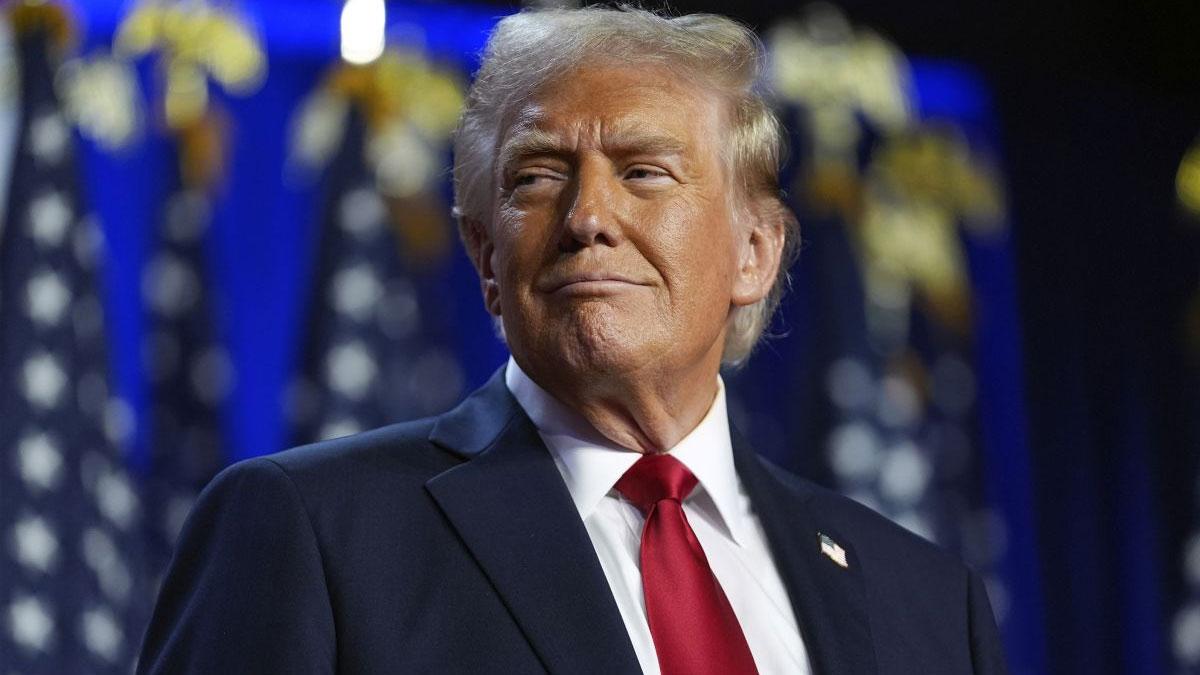The Trump administration took the historic measure of blocking $2.2 billion of funds for Harvard University after the Ivy League institution denied a U.S. demand for cooperation under pressure with its policies that could hinder protests on the campus.
Aside from the grant freeze, federal contracts valued around $60 million have also been suspended. The action was confirmed by the Department of Health and Human Services, which released a statement via the Joint Task Force to Combat Anti-Semitism: "The Joint Task Force to combat anti-Semitism is announcing a freeze on $2.2 billion in multi-year grants and $60M in multi-year contract value to Harvard University."
Reasons Behind the Funding Stop
Last Friday, the Trump administration sent a letter to Harvard outlining a wide-ranging list of reforms it wished the university to enact. These were to overhaul leadership arrangements, reform admissions procedures, and ramp up efforts to confront reported anti-Semitic activity on campus.
The administration also requested that the university perform a diversity audit and withdraw recognition from some student groups. Harvard declined the offer, however, citing a defense of its constitutional rights and institutional autonomy. "We will not negotiate over its independence or its constitutional rights," the university claimed.
In response to this defiance, the administration escalated the situation by confirming the freeze. A spokesperson scoffed at the university's reaction, stating, "Harvard's statement today reinforces the troubling entitlement mindset that is endemic in our nation's most prestigious universities and colleges — that federal investment does not come with the responsibility to uphold civil rights laws."
A Breakdown of the Trump Administration's Demands
The list of reforms the administration wanted was long. Some of the most important proposals included:
- Restructuring of governance and leadership
- Merit hiring and admissions systems
- International admissions reforms
- Increased viewpoint diversity in hiring and choosing
- Program overhauls for being charged with bias or antisemitism
- Abolishing DEI (Diversity, Equity, and Inclusion) programs
- New disciplinary practices and more student accountability
- Whistleblower protections and transparency improvements
- Complete campus-wide mask prohibition, with punishment no less than suspension
In addition, the Trump administration recommended excluding funding or official endorsement from any student organization that endorses illegal activity, violence, or harassment. The university was also requested to retrospectively investigate and discipline those participating in protest incidents during the 2023–2024 and 2024–2025 academic years.
Harvard's Standpoint
In response to the sweeping demands, Harvard President Alan Garber admitted that although the administration's intention to combat antisemitism was clear, much of the proposed changes constituted undue government interference. He said that most of the demands constituted an effort at regulating the intellectual and academic environment on campus.
Read also| Trump ‘Fully Fit’ for Presidency, Says Doctor Following Medical Evaluation
Read also| Wisconsin Teen Allegedly Killed Parents to Fund Plot Against Trump, Say Authorities


















